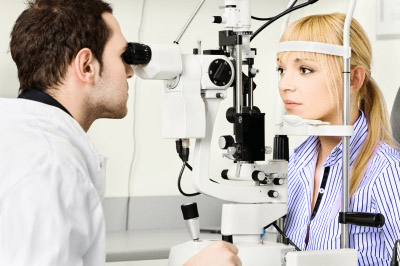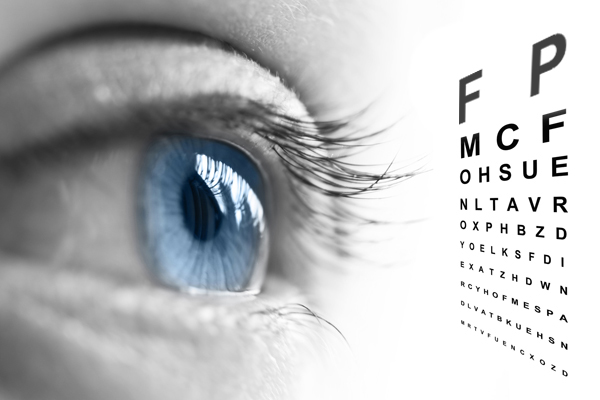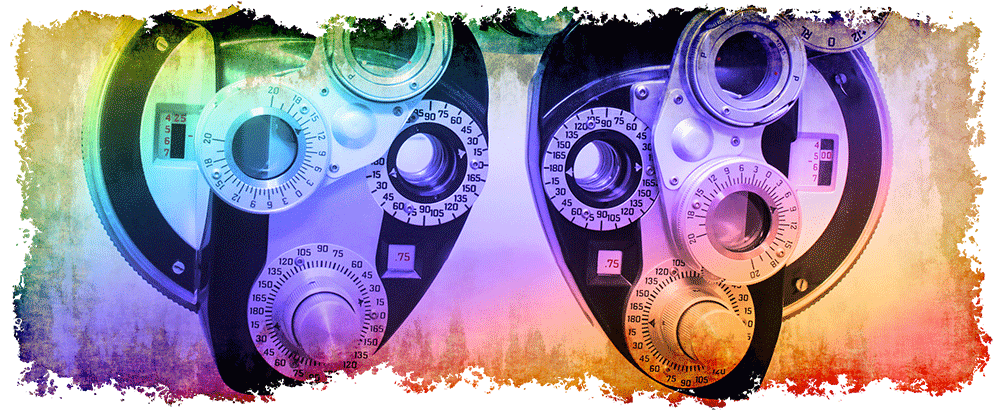
Your Vision is Our Focus !
ABOUT OUR EYE EXAMS
At Focal Point, we strive to provide comprehensive, primary eye care for the whole family. Routine and preventative eye exams are key to maintaining good eye health. Eye and vision problems may not have obvious signs or symptoms, but are easily diagnosed by a licensed optometrist. Early diagnosis of eye and vision conditions, by our optometrist, can provide treatment options and in many cases restore or prevent vision loss. The Canadian Association of Optometrists recommends periodic eye and vision exams, depending on whether you are at-risk or not. There is often an increased risk to the patient if treatment is not initiated in a timely manner.
Eye Exam & Consultation
During an eye exam, the Optometrist will ask you questions about any symptoms or issues you are experiencing, medications your are currently taking, any blurry vision, your work environment, and your overall health. Family history and previous eye or vision conditions will also be discussed during this part of the examination.The Doctor will consider this information when determining any treatments or recommendations.

Eye Health
As part of a comprehensive eye exam, our optometrist examines the overall health of the eye through a visual examination and tonometry. The Optometrist evaluates eye health by visually inspecting the eye and eyelids using a bright light and magnification. We may simply dilate the pupils to examine the internal structures of the eye. Increased eye pressure may be an indicator of glaucoma, so we utilize tonometry to measure eye pressure. After completing these short tests, the Optometrist reviews the results and discusses an treatments with you. Contact us at (204) 474-7090 today to schedule a comprehensive eye exam.

Vision Testing
Regular vision testing and evaluations ensure that you always have the clearest vision possible. Our optometrist provides regular vision acuity test as part of a comprehensive eye exam. You will be measured how each eye is seeing. The results of these tests are portrayed as a fraction, with 20/20 being the standard for normal distance and reading vision. Depending on the results of your vision test, the optometrist may prescribe corrective glasses or contacts.
